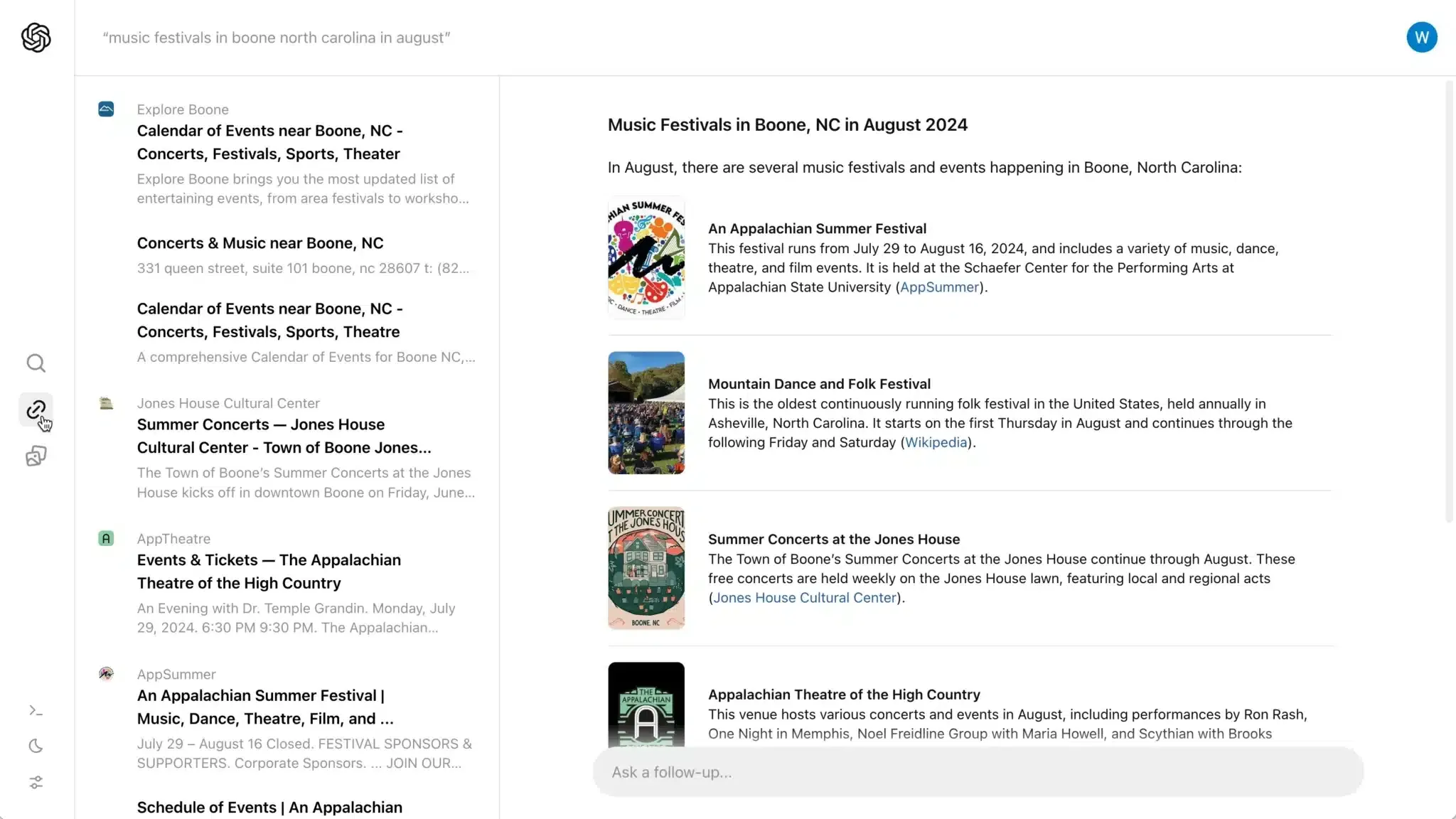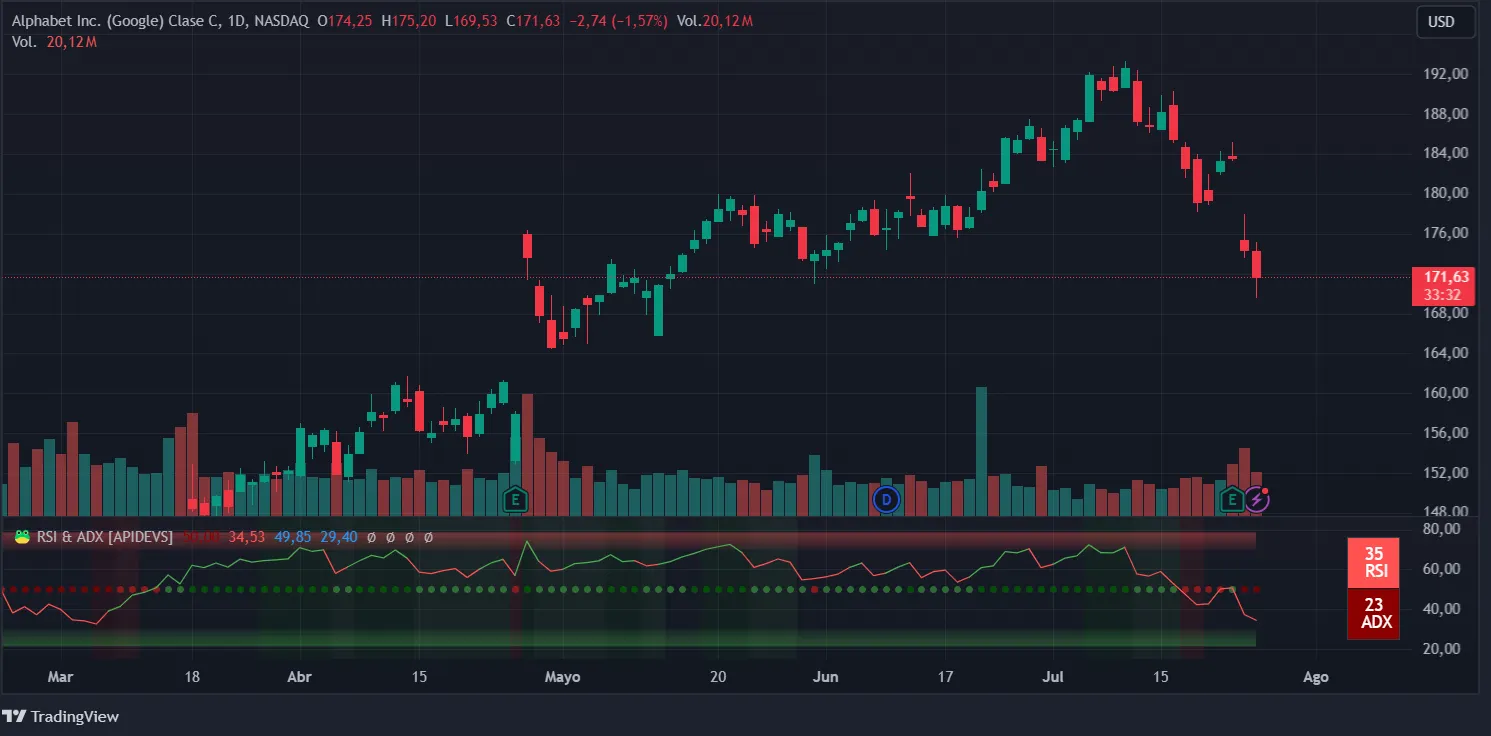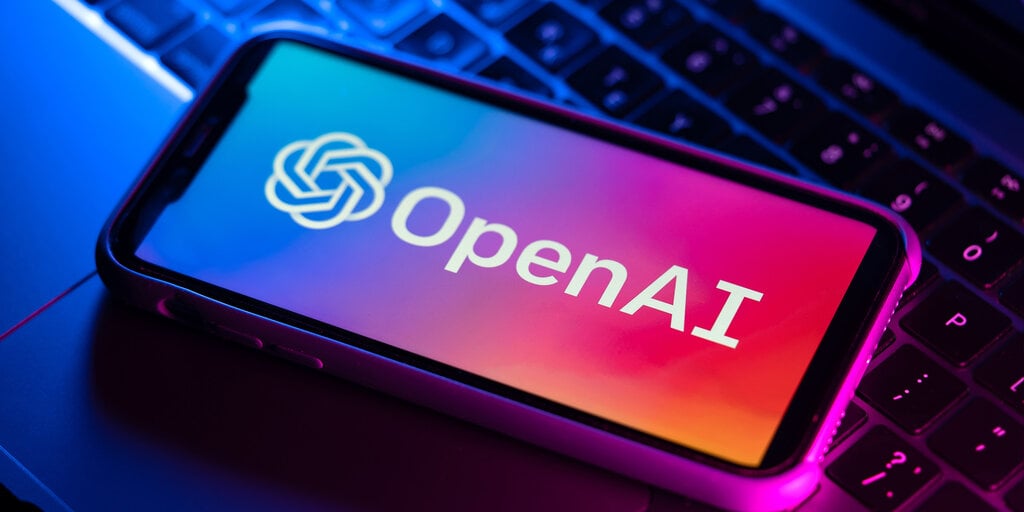[ad_1]
OpenAI has announced its intention to enter the search engine market with the announcement of SearchGPT, an AI-powered search engine that aims to make searching more natural for users. Although described as a “temporary prototype,” the Thursday reveal is a clear shot across the bow of the singularly dominant Google—as well as Microsoft Bing, which currently provides search results for OpenAI’s ChatGPT.
“We’re testing SearchGPT, a prototype of new search features designed to combine the strength of our AI models with information from the web to give you fast and timely answers with clear and relevant sources,” OpenAI said in an official blog post.

The company said SearchGPT is currently available as a prototype to 10,000 test users at launch. The service is powered by the GPT-4 family of models.
OpenAI’s foray into live web search has been long rumored, especially given the limitations of typical large-language models, which rely on a large but static corpus of data collected up to a point in time, limiting its knowledge of current events.
A series of teaser videos shared by OpenAI show that the new AI search tool is designed to summarize website content, including news sites, and answer user questions similarly to how ChatGPT operates. In some ways, it’s similar to what Perplexity—touted as an “answer engine”—currently offers. But if integrated into ChatGPT itself, SearchGPT would make OpenAI’s chatbot broadly capable.
Such an integration would create a multimodal AI tool that can handle various types of media and provide comprehensive search results.
Notably, SearchGPT appears to replace Microsoft Bing with its own technology. The videos shared by OpenAI don’t show the typical banner indicating that search results are powered by Bing, as with the current version of ChatGPT. And while Google has been integrating AI into its services, SearchGPT’s advanced capabilities clearly pose a significant threat.
In fact, Microsoft (which powers Bing) and Alphabet (the company behind Google) saw their stock prices tumble moments after the news broke. Both stocks saw a tangible dip, and closed down about 3% for the day.

SearchGPT is the latest development in what appears to be a new era in web search, which The Verge’s Nilay Patel has termed “Google Zero.” This approach prioritizes practicality over variety: instead of presenting a list with different sources and approaches to a specific query, which encourages users to do their own research, AI-powered search engines opt for a more direct tactic, providing concise, summarized information responding exactly to what users are looking for.
The introduction of Google’s AI summaries has raised huge red flags for web publishers, however, as users are less likely to visit their sites if the information is extracted and provided up front. The issue is compounded by AI’s tendency to hallucinate, and even provide dangerous answers based on flawed sources.
To address these concerns, OpenAI said publishers will be able to adopt different strategies when dealing with its search engine and its AI chatbot.
“SearchGPT is about search and is separate from training OpenAI’s generative AI foundation models,” OpenAI said. “Sites can be surfaced in search results even if they opt out of generative AI training.”
Meanwhile, OpenAI has also partnered with various publishers to enhance the content and accuracy of SearchGPT. These partnerships allow OpenAI to provide current information along with clear, in-line attribution and links to original sources. Notable partners include News Corp and The Associated Press.
“SearchGPT is designed to help users connect with publishers by prominently citing and linking to them in searches,” OpenAI said in its announcement. “Responses have clear, in-line, named attribution and links so users know where information is coming from and can quickly engage with even more results in a sidebar with source links.”
As with other of OpenAI’s technologies—like Sora or its Voice Engine—this is just a teaser to let users know what the AI behemoth is working on. Sam Altman said that even in its early form, however, he preferred SearchGPT over legacy search engines. He also promised a better experience in the future.
“We will learn from the prototype, make it better, and then integrate the tech into ChatGPT to make it real-time and maximally helpful,” he said.
Edited by Ryan Ozawa.
Generally Intelligent Newsletter
A weekly AI journey narrated by Gen, a generative AI model.
[ad_2]
Source link

